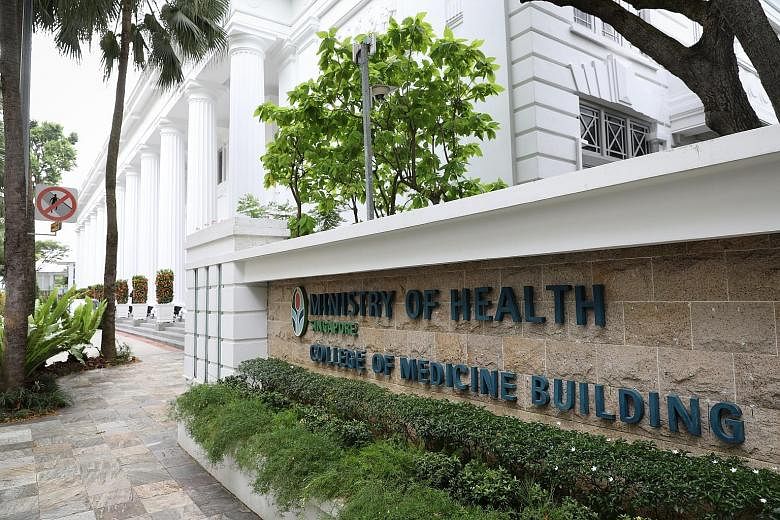Since 35-year-old Avin Tan was diagnosed with the human immunodeficiency virus (HIV) 12 years ago, he has travelled to places like Bangkok or asked friends - through various channels - to obtain more cheaply two medicines that he needs to take every day.
For more than three years, he has not switched to a newer drug with fewer side effects, as he cannot afford it.
So it was welcome news that the Ministry of Health (MOH) has added 16 antiretroviral drugs used for the treatment of HIV to its list of subsidised drugs as of last Tuesday, making them much more affordable for thousands of Singaporeans like Mr Tan.
Before this, it cost him more than $500 a month to buy the two drugs he needs daily, Truvada and Edurant.
Buying the same medication overseas in places like Bangkok would lower the cost to around $150 a month, while a month's doses of generic versions of the medication - which may not have a reliable supply chain - would cost around $55.
HIV antiretroviral drugs work by suppressing the virus that causes acquired immune deficiency syndrome (Aids), preventing it from replicating in the body.
These drugs have been added to the Medication Assistance Fund here, which helps patients who cannot afford the medication.
All subsidised patients can purchase any of these 16 drugs 50 per cent or 75 per cent more cheaply here, depending on the patient's means-test status, the MOH said.
Previously, those living with HIV could receive help from the Medication Assistance Fund on a case-by-case basis.
The MOH told The Straits Times that it regularly reviews subsidised standard and non-standard drugs to ensure that they remain relevant to changes in the needs of the local population, medical practice and evidence of clinical and cost effectiveness.
"The inclusion of 16 antiretroviral drugs on Sept 1, 2020, is part of this regular review," it said.
Groups that work with HIV patients have long asked for antiretroviral drugs to be subsidised.
With their inclusion at last, Mr Tan, who is advocacy and partnerships manager at non-profit organisation Action for Aids (AFA), will be consulting his doctor soon about switching to the newer medication with fewer side effects.
Long-term use of HIV drugs could result in the premature onset of other diseases, such as hypertension, liver and kidney problems, as well as osteoporosis.
Subsidising these drugs also assures their safety, Mr Tan said.
"By making it possible for the drugs to be bought from hospitals, it allows for quality control and removes a lot of guesswork when we buy the drugs from other sources."
It will also help reduce the stigma and discrimination faced by those who are HIV-positive, he added. "It lowers the barriers for people to seek treatment, and allows HIV to be viewed just like any other illness."
Ms Sumita Banerjee, executive director of AFA, lauded the move, saying that it will help to not only normalise HIV but also reduce transmission.
"Subsidies also allow people to adhere to treatment. This improves treatment outcomes and quality of life of people living with HIV. A person who is on treatment and has acquired viral load suppression cannot transmit HIV, and so it is also important for HIV prevention," she said.
In a Facebook post last Wednesday, Dr Wong Chen Seong, deputy director of the national HIV programme at the National Centre for Infectious Diseases, said the significance of this move could not be overstated.
"The dream of ending HIV in our lifetimes is one step closer to fruition. Access to effective HIV treatment is the sine qua non (a Latin term for something essential) of getting people living with HIV to an undetectable viral load, which not only forms the foundation for personal health and well-being, but also prevents onward transmission," he wrote.
According to the MOH, a total of 8,618 Singapore residents had been infected with HIV as at the end of last year, and of that number, 2,097 had died.


